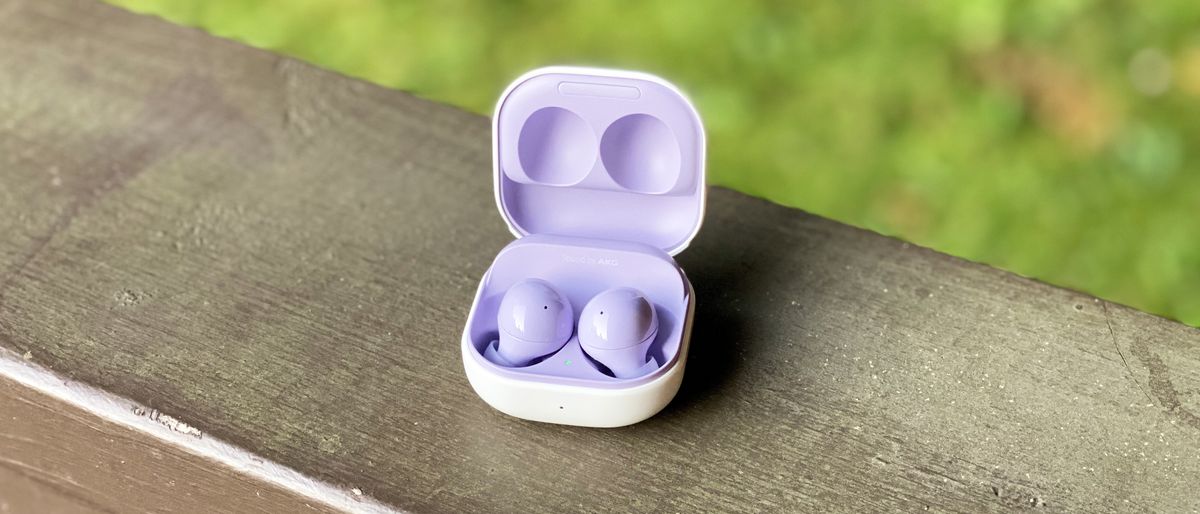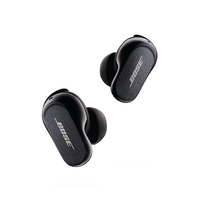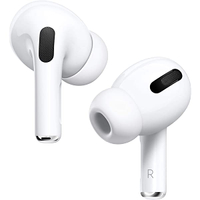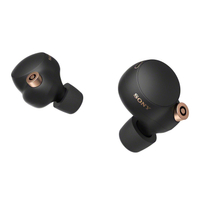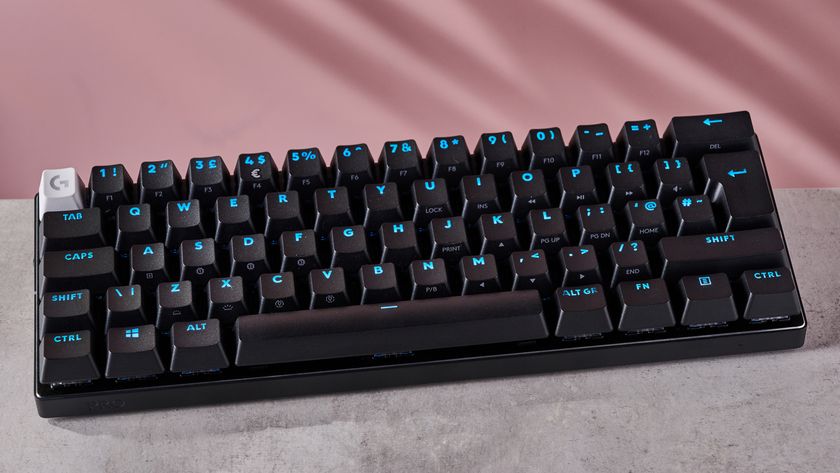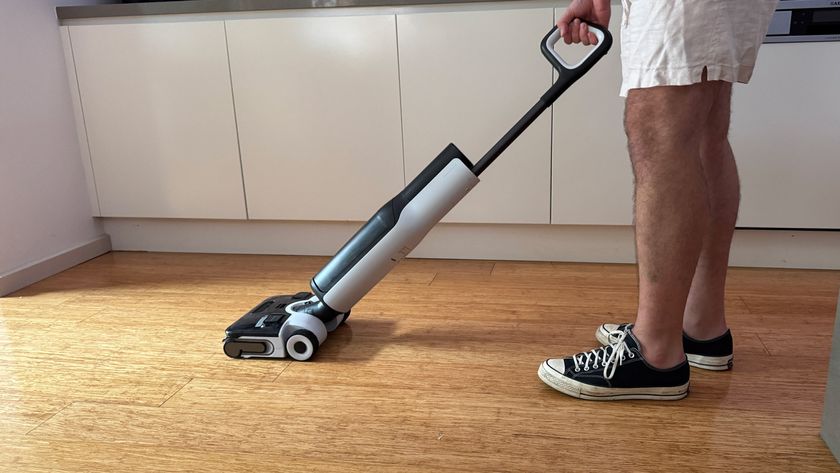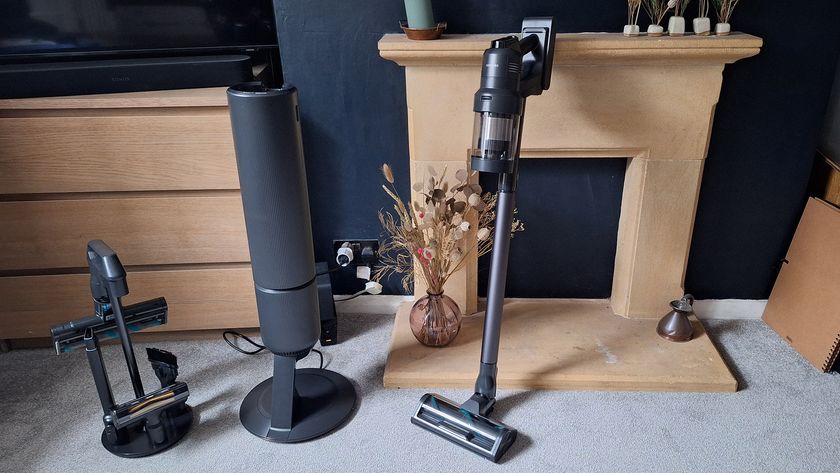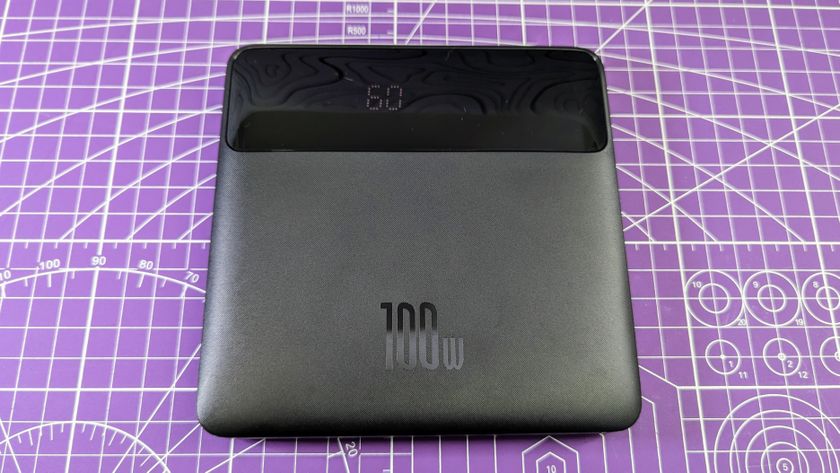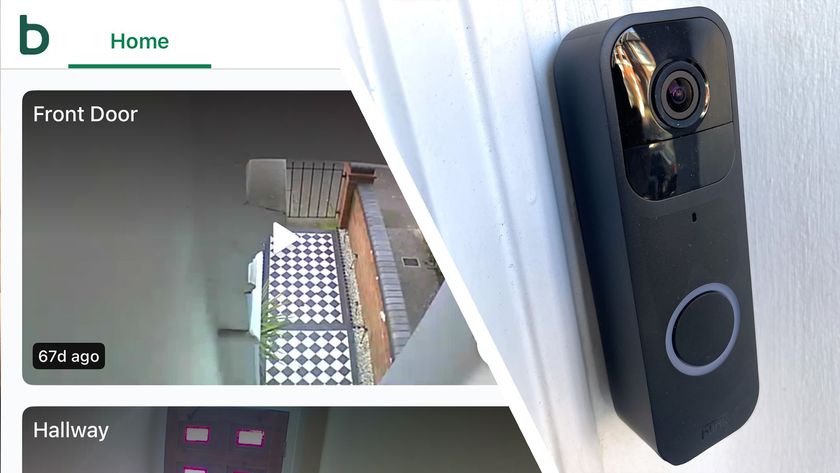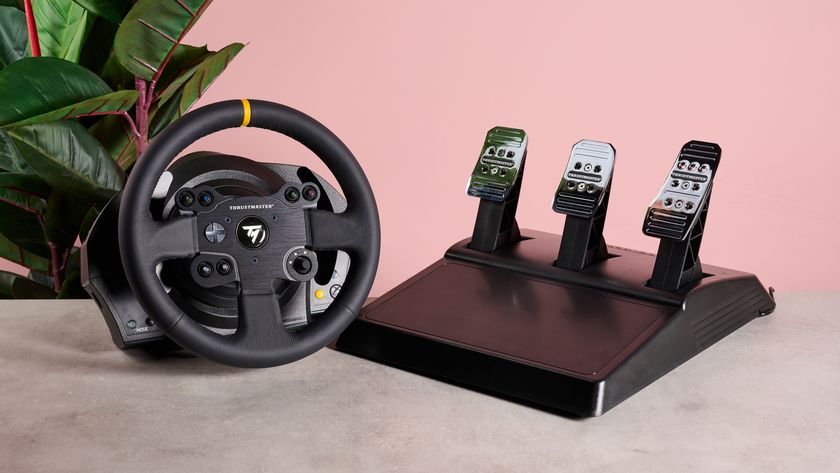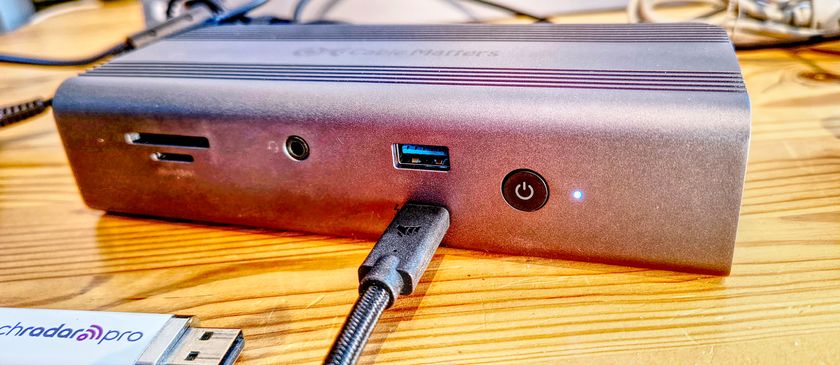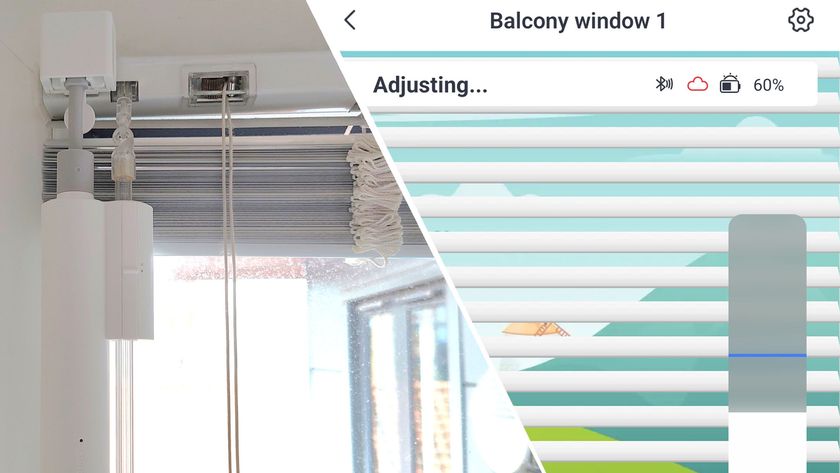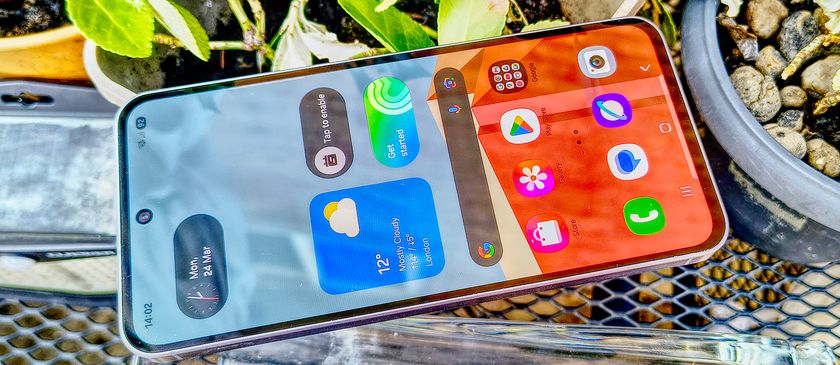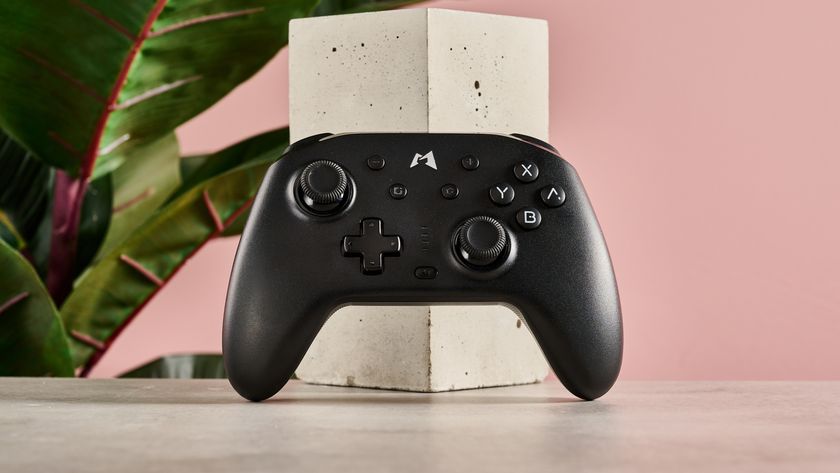TechRadar Verdict
The Samsung Galaxy Buds 2 are a huge improvement over the originals, offering active noise cancellation, better sound quality, and a great fit. While they’re not the best true wireless earbuds out there, they’re easily one of the best for Samsung smartphone owners who want perfect synchronicity with their Galaxy gear.
Pros
- +
Active noise-cancellation
- +
Balanced sound
- +
Improved call quality
- +
Galaxy Wearable app is useful
Cons
- -
ANC could be stronger
- -
No sub-bass response
- -
No always-listening Assistant
- -
Only IPX2 rating
Why you can trust TechRadar
One-minute review
Samsung has a reputation for launching new true wireless earbuds in quick succession, and the Samsung Galaxy Buds 2 arrived on the scene in 2021.
As a follow-up to the original Galaxy Buds released in 2019, the Buds 2 offer many improvements, from sound quality and fit to active noise cancellation.
It’s these improvements that make them an easy recommendation for owners of the original Galaxy Buds looking to upgrade to a newer set of true wireless earbuds, and a competent competitor for the Apple AirPods. Especially for those with a Samsung phone. AirPods fare better with iPhones, but Samsung's Galaxy Buds 2 work the best with Samsung-branded phones and tablets – although it's worth mentioning they're compatible with both iOS and Android.
While we really liked the two-driver design of the earbuds and their well-balanced soundstage, the Buds 2 do have some weak points. Noise cancellation isn’t class-leading, and the frequency range only really starts at around 80Hz, meaning you won’t hear (or feel) any of that thumping bass. There’s no always-listening assistant at launch, either.
None of the above points are deal-breakers by any means, but they do make the Samsung Galaxy Buds 2 a bit weaker in terms of audio and ANC performance than some of the other true wireless earbuds released at a similar time. Read our Sony WF-1000XM4 review and Beats Studio Buds review for two prime examples. Or take a look at our best wireless earbuds guide for more options.
It's also worth mentioning that since the Samsung Galaxy Buds 2 were released, the tech company has launched its latest pair of true wireless earbuds, which you can read more about in our Samsung Galaxy Buds 2 Pro review.
Whether these are the earbuds for you will depend on which smartphone you use, the level of noise cancellation you feel like you need, and your preferred style of music – but we think everyone will appreciate the feature set, performance, and price, even if there are still a few better earbuds out there on the market right now.
Read on for our full Samsung Galaxy Buds 2 review.

Samsung Galaxy Buds 2: price and release date
- Available now
- $149.99 / £139.99 / AU$219
The Samsung Galaxy Buds 2 were unveiled at Samsung’s online Unpacked 2021 event and they're available to buy for $149.99 / £139.99 / AU$219. Take a look at our Galaxy Z Fold 3 phone review, which was announced on the same day.
However, it's worth mentioning that because the Samsung Galaxy Buds 2 are a few years old, you might find them discounted. For example, at the time of writing Currys in the UK has reduced the price of the buds down to £79 (about $96/AUD$141.49).
They cost as much as the original Samsung Galaxy Buds did when they launched back in 2019 (except for in Australia, where they're cheaper). Find out more about this in our Samsung Galaxy Buds review.
For a pair of true wireless earbuds that are the same price, take a look at our Beats Studio Buds review. These Beats buds share many of the same features. We like them just as much as the Studio Buds, and found them even better than Apple’s most popular earbuds, the Apple AirPods.
That said, these aren’t the only earbuds Samsung’s made over the years and their predecessors, which you can learn more about in our Samsung Galaxy Buds review, Samsung Galaxy Buds Live review, and Galaxy Buds Plus review, can make it a bit confusing when shopping around for a new pair of true wireless earbuds, especially considering there’s only about a small difference in price between them. This is made all the more confusing now there's a new pair of Pro Galaxy buds available with the Samsung Galaxy Buds 2 Pro.
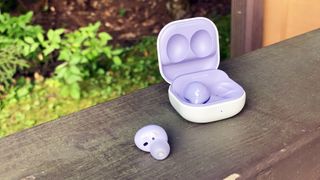
Samsung Galaxy Buds 2: design
- Available in four colors
- Intuitive touch controls
- IPX2 water resistance rating
One way of telling the Galaxy Buds 2 apart from their siblings is by their design. If the Samsung Galaxy Buds Live most closely resemble beans, the Samsung Galaxy Buds 2’s closest comparison are pebbles; they’re small, mostly round, and are super smooth. They fit into a rounded plastic case that slides easily into a pocket, too.
Once you open the case, you’ll see the Buds themselves in one of four colors: Lavender, Olive, White, and Graphite. However, it’s worth noting that the Buds themselves and the inside of the case will have a distinctive color but the outside of the case won’t – it will always be white.
According to Samsung, the new Galaxy Buds 2 are 15% smaller and 20% lighter than the Samsung Galaxy Buds Plus, and that makes them easier to wear for long periods of time. The downside of them being a bit smaller is that they’re a little harder to handle and can slip out of their case and your ears more easily.
Thankfully, because the Buds are magnetized to hook onto the metal charging pins in the case it won’t happen frequently, but we’d definitely advise being careful with them when pulling them out or putting them back in their case, lest they accidentally fall out and bounce somewhere where you can’t reach them.

One weak spot of the Galaxy Buds 2’s design is that they’re only IPX2 water-resistant, which means they’re only good for workouts that don't involve a lot of sweating. You won't be able to take them our in the rain or with you to the beach.
Acoustic design: Closed
Weight: 5g
Drivers: Dynamic two-way speakers
Battery life: 5 hours (earbuds) 15 hours (charging case)
To control the Galaxy Buds you can use their built-in touch controls or your smartphone. They’re fairly intuitive (play / pause with one tap, skip forward with two taps and three to rewind), and a recent firmware update has improved the buds even further in this regard, adding the ability to double-tap the edge of the earbuds to turn the volume up or down.
Inside the box, you’ll find two extra silicone eartips and a USB-C charging cable for the Buds. The silicone tips aren’t necessarily more comfortable than some foam eartips you might’ve tried in the past, but they offer a decent seal that you can test with the Galaxy Wearable app on Android, and should be cheap to replace if you lose them.
So, what else has changed since the originals? The latest Galaxy Buds 2 have a dual-driver design that use a single mid-range driver and a separate tweeter for the upper registers – like the Galaxy Buds Pro. Both inside and outside the earbuds are microphones – three of them to be exact – that the Buds use to cancel noise and improve call quality.
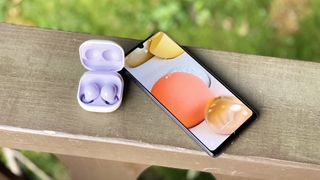
Samsung Galaxy Buds 2: features
- Active noise cancellation
- No always-listening voice assistant
- Support for SBC, AAC, and Samsung's Scalable Codec
Of course, when you talk about the new Galaxy Buds 2, you have to talk about the noise cancellation – something that was missing from the original Galaxy Buds.
Noise cancellation is turned on by holding either earbud’s touchpad. You can customize that function through the Galaxy Wearable app to something else – like summoning your virtual assistant – but we recommend keeping at least one of the controls set for noise cancellation. A recent firmware update has also added the ability to activate ANC even when you’re using just one earbud.
Speaking of assistants, we’re kind of disappointed that Samsung didn’t build an always-listening assistant into the Galaxy Buds 2, and it might mean that they’re less compelling for folks who don’t want to have to tap a button to summon their voice assistant.
Press the noise cancellation button again and you'll switch to the ambient mode, which pipes outside audio into the Buds. That may sound like the exact opposite of what you’d want, but it’s surprisingly helpful if you want to have a conversation without taking out the Buds or when you’re listening for your flight number to be called. The aforementioned firmware update has added the ability to activate ambient mode during calls, too, so you can listen to things around you even when on the phone.
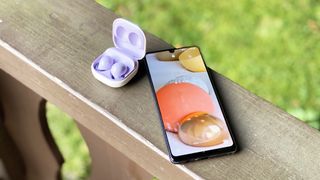
That said, the control settings aren't the only things you can change inside the Galaxy Wearable app – you’ll also see options to change the EQ, as well as being able to see how much battery life the case and earbuds have left. That’s also where you’ll find the Earbud Fit Test and the Find My Buds option – though the latter does require you to sign in with a Samsung account.
The only disappointing part is the fact that many of these features are only available on the Android version of the app. The iOS version hasn’t been updated yet and that means customization is impossible until it receives an update.
To end on a high note, in terms of codec support you’ve got both the mainstay SBC and AAC codecs, but also Samsung’s proprietary Scalable Codec if you’re connected to a Samsung device. The latter enables noticeably improved audio quality over the basic SBC codec and makes the Buds a solid pick for Galaxy phone owners.

Samsung Galaxy Buds 2: sound quality
- Improved audio
- ANC could be better
- Good call quality
You have to hand it to Samsung and AKG: each generation of the Galaxy Buds moves closer and closer to that sonic sweet spot, and the Galaxy Buds 2 are no exception.
What we love most about their sound is that they have a wonderful sound curve that amps up the bass, mids and highs, only missing out on the sub-bass (below 80hz) and the upper-most registers (11,000Hz and above), which can get a bit harsh at higher volumes.
Most of the time, however, what you’re treated to is surprisingly clear audio that has a decent uptick in the bass when listening to EDM and rap, and a crisp mid-range for rock and R&B. With good stereo separation, you can hear great sweeping effects in songs like Baba O'Riley by The Who, and while the soundstage isn’t absolutely massive, it’s much wider than we heard on the first-generation Galaxy Buds.
Despite those very, very minor quibbles though, these are great-sounding earbuds.

Where the Samsung Galaxy Buds 2 still have a lot of room for improvement is in their active noise cancellation. Look, we’re happy that it’s finally in the entry-level Galaxy Buds line, but it’s still lacking compared to market leaders, take a look at our Bose QuietComfort Earbuds 2 review for an example.
With music playing and ANC turned on, you probably won’t be able to hear someone talking to you in the same room, but you’d hear any loud noise coming from outside your home. Overall, they’re good enough for routine office work, but we wouldn’t recommend them for long flights or particularly busy job sites.
While ANC still has room to improve, Samsung has found some success upgrading the call quality on its earbuds. The Galaxy Buds 2 use machine learning to eliminate background noise during phone calls and friends we spoke with said we sounded noticeably clearer compared to using a regular smartphone for the call.
Although we had a few issues with crackling on our end, they still performed significantly better than other earbuds we’ve tested in the past, and should be good office companions if you make a lot of phone calls.

Samsung Galaxy Buds 2: battery life
- 29 hours total battery life
- Automatic pausing
- Support for wireless charging
If you were to use them non-stop, the Samsung Galaxy Buds 2 should last you about five hours with active noise cancelling turned on, and a little longer if you turn that off. Inside the case are at least another three charges for a total of 20 hours with ANC on, or 29 hours if you leave it off.
Of course, battery life is dependent on how you use the earbuds. The above battery life is for listening time, if you use them for conversations you’re looking at only 3.5 hours with ANC on, and 13 hours with the case or 3.5 hours and 14 hours with ANC turned off.
Helping to optimize the battery life is the addition of a proximity sensor on the inside of the buds that will automatically pause the music when it senses that the earbuds are outside your ear canal. By pausing music automatically like that, you’ll save some juice and therefore won’t need to charge them as frequently.
Also new for this generation is support for wireless charging with a compatible Qi charger. That’s a nice perk if you’re using a phone with wireless charging and you already have a charging pad, but it’s not a deal-breaker if you need to use the regular ol’ USB-C port on the back of the case.
The only thing that’s missing here is fast-charging – though you’ll still get decent charging speeds. In our tests, we were able to reach a 12% charge in the case after 10 minutes on the charger, which would be over an hour of listening. That might not be the speed of other fast-charging earbuds that can reach a 25% or 50% charge in 15 minutes, but it’s not bad.
Should I buy the Samsung Galaxy Buds 2?

Buy them if...
You own a Galaxy smartphone
The Galaxy Buds 2 work nicely with Samsung Galaxy smartphones and other Android devices. They offer fast-pairing and the Galaxy Wearable app that you’ll need to make changes to the EQ and control scheme of the earbuds, plus Samsung devices can use the Buds’ proprietary Scalable Audio Codec for better sound quality.
You’re still using the first-generation Galaxy Buds
The number of improvements both in the audio department and feature set make the Galaxy Buds 2 a true sequel to the original Galaxy Buds and a worthwhile upgrade.
You want something to wear in an office
As a pair of office earbuds, the Samsung Galaxy Buds 2 are great. They offer enough noise cancellation that you largely won’t hear the people around you and their battery life should get you through two or three days at the office without needing to be recharged.
Don't buy them if...
You’re a frequent traveler or everyday commuter
If you’re someone who needs class-leading noise cancellation, you might want to look at some of the Galaxy Buds 2’s competitors instead. The Bose QuietComfort Earbuds 2 are currently the best noise- cancelling earbuds and while they’re expensive, they’re well worth it for folks who travel or commute long distances.
Don’t buy it if you want a hands-free assistant
If you’re looking for an always-listening assistant that isn’t Bixby, you’ll have to look elsewhere. For Android owners there are the Google Pixel Buds that offer Google Assistant support, while iOS owners have AirPods or AirPods Pro for the same experience.
You already have the Galaxy Buds Live or Buds Plus
The last reason you might not want to upgrade is if you already have the Galaxy Buds Live or Buds Plus. Each offers either noise cancellation or noise reduction, and both have many of the same features available on the Galaxy Buds 2.
Also consider
Not convinced by our Samsung Galaxy Buds 2 review? We've picked out three more pairs of true wireless earbuds you should also consider.
Bose QuietComfort Earbuds 2
We've already mentioned the Bose QuietComfort Earbuds 2 several times in this review, but that's because if you want quality sound and truly class-leading noise-cancellation, then these are the best buds you can buy.
Read our full Bose QuietComfort Earbuds 2 review
Apple AirPods Pro
If you're more of an iPhone fan, you'll be better off with the AirPods Pro. They offer excellent integration with iOS devices, Spatial Audio support, and decent noise cancellation.
Read our full Apple AirPods Pro review
Sony WF-1000XM4
The Sony WF-1000XM4 are our pick for the best true wireless earbuds you can buy today, offering excellent sound quality, good noise cancellation, and a ton of quality-of-life features.
Read our full Sony WF-1000XM4 review
- First reviewed August 2021.
Nick Pino is Managing Editor, TV and AV for TechRadar's sister site, Tom's Guide. Previously, he was the Senior Editor of Home Entertainment at TechRadar, covering TVs, headphones, speakers, video games, VR and streaming devices. He's also written for GamesRadar+, Official Xbox Magazine, PC Gamer and other outlets over the last decade, and he has a degree in computer science he's not using if anyone wants it.

VMware Workstation users report major issues following Broadcom mass redirect
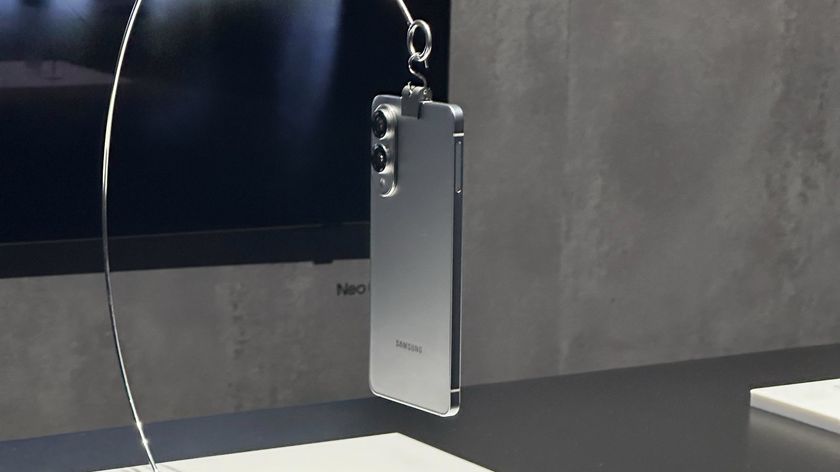
Samsung Galaxy S25 Edge leaks reveal a likely release date – 5 reasons it could be worth waiting for
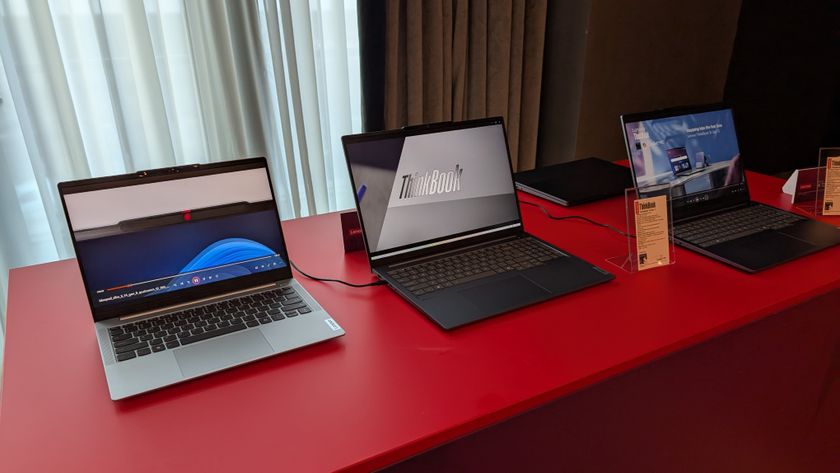
Copilot+ PCs with AMD or Intel CPUs are finally getting some key AI features in Windows 11 – although I’m starting to doubt Recall will ever happen
